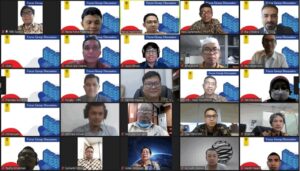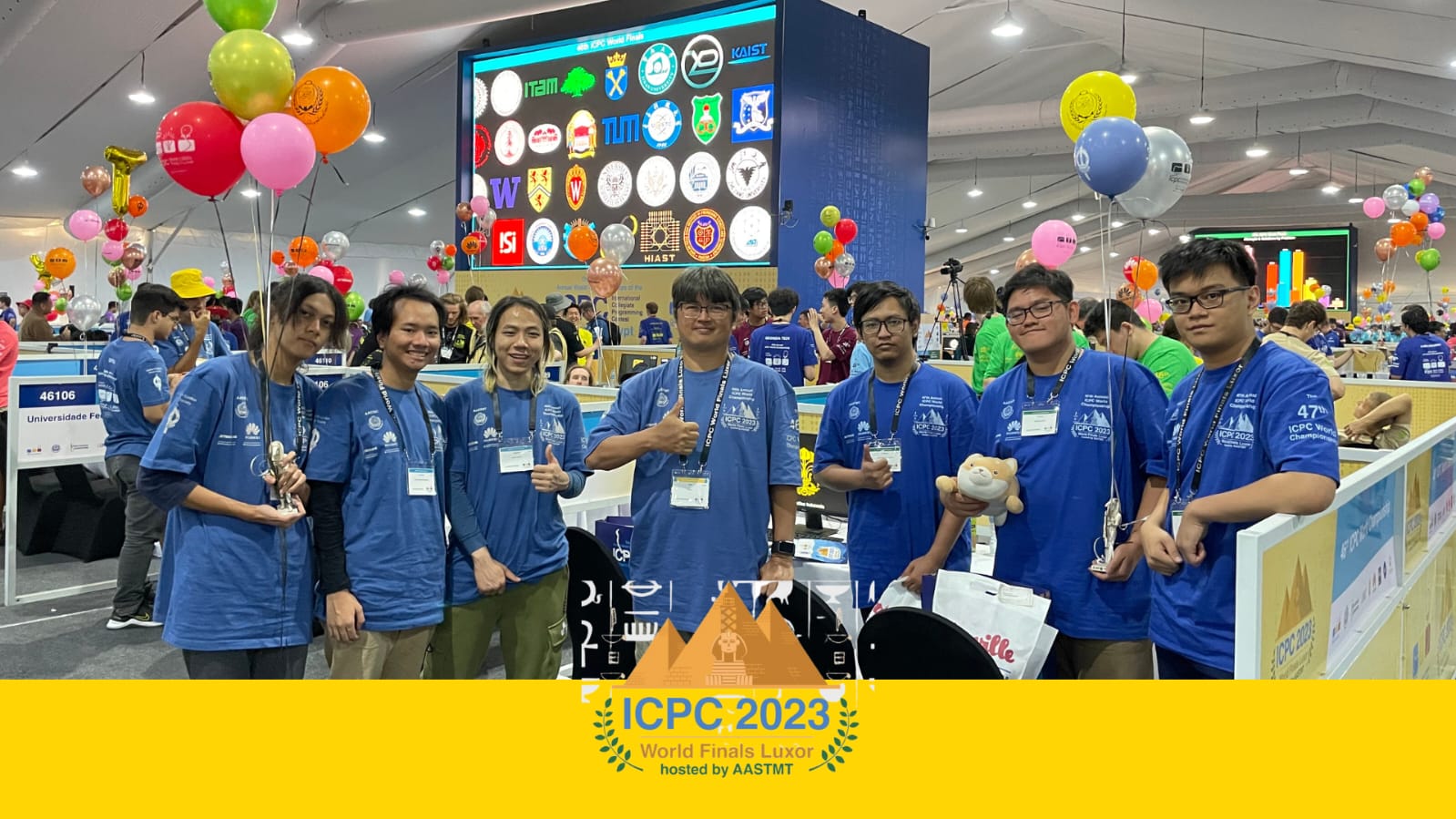
The Faculty of Computer Science, Universitas Indonesia (Fasilkom UI) held a Focus Group Discussion (FGD) on the development of supercomputers or, to be more precise, High Performance Computing (HPC). The role of HPC in high complexity data processing infrastructure was among the chief topics discussed. Assisted by Big Data and artificial intelligence, supercomputers play an important role in facing tasks in everyday life, such as weather forecasting, detection of tsunamis, and drug design.
Since 2000 many universities, UI included, have made use of HPC. In the keynote speech, the Dean of the Faculty of Computer Sciences, Dr. Petrus Mursanto, stated that the faculty wishes to contribute towards the development of HPC by coming up with solutions to concrete problems. “Currently the Faculty of Computer Sciences UI has Computer Network, Architecture & HPC, and Artificial Intelligence Center of Excellence research laboratories that are equipped with supercomputers and a set of nodes connected to grid computing power. We would also like to contribute towards the development of HPC. The existence of supercomputers can bring in benefits if we are capable of making use of them to solve problems and come up with solution to real problems.”
This, according to Dr. Petrus, was what sets the background for the Focus Group Discussion held on the occasion — one which brought together researchers, instructors, students, and experts on HPC. “As per the title of this FGD, we hope to obtain input and establish collaboration regarding the potential use of supercomputers and HPC for the development of digital talent in education, potential research, and also in strengthening the nation’s competitiveness.”
The event, held online on Wednesday (13/07), was attended by the Dean of the Faculty of Computer Sciences, Dr. Petrus Mursanto and guests invited beforehand, namely the Acting Head of the Computing Research Center, National Research and Innovation Agency of the Republic of Indonesia (BRIN), Dr. Rifki Sadikin; and Regional Sales Manager, HPC & AI-APAC Hewlett Packard Enterprise, Rajesh Chhabra. This event was moderated by Professor of Parallel Computing & HPC, Faculty of Computer Sciences UI, Prof. Heru Suhartanto, Ph.D.
The aforementioned Dr. Rifki Sadikin stated that policies on, implementation of, and expansion of HPC infrastructure conducted by BRIN are open to researchers, academicians, and universities, in order that supercomputers may be used for research, which would in turn result in the creation of collaborational ties and things of use.
During the presentation on research on the development of HPC in Indonesia, Prof. Heru explained that several organisations have operated HPC, such as BRIN, the Metereology, Climatology, and Geophysics Agency (BMKG), and several universities and institutes. However, many members of universities which obtain aid from the Directorate-General of Higher Education, Research, and Technology (Dirjen Dikti) do not obtain access to HPC.
“It is hoped that these universities will be able to apply artificial intelligence in problem solving, but we all know that there are tens of thousands of universities in Indonesia, while we are still limited in terms and access. So access, from these machines’ part, does require more open access for our capabilities to increase.” Prof. Heru said.
Prof. Heru also underlined the fact that Indonesia has many problems on big data processing, in comparison to the very limited capabilities of HPC in Indonesia. Support from many quarters is still required if Indonesia were to be fully competent in overcoming problems surrounding big data processing .
The final session saw a case study by Rajesh Chhabra, who presented the workings of an HPC exascale supercomputer. He described technical details of HPC, how it appears and works, and provided an insightful understanding of HPC use cases in the Asia Pacific region. The event was closed with a Q&A session on the development and utilisation of HPC.



